Drug and Alcohol Rehab in Newmarket
Most rehab clinics in Newmarket can treat almost any type of addiction, but it is recommended that you find a rehab that specialises in treating your specific addiction.
Some of the addictions that can be treated at drug and alcohol rehab in Newmarket include:
1. Alcohol addiction

One of the most commonly consumed addictive substances in the world, alcohol is a depressant that is usually ingested in the form of a drink.
It can cause intoxication which may make you feel relaxed, sleepy, energetic, confident and/or confused.
2. Cannabis addiction
Derived from the cannabis plant, cannabis is a drug that is often smoked, vaped or eaten.
The effects of a cannabis high can make you feel relaxed, euphoric and tired. However, some people also experience paranoia and psychosis.
At Rehab Recovery, we offer free advice from a team of non-judgemental professionals, many of whom are in recovery and understand how hard it can be to change your relationship with addiction.
For more information about rehab in Newmarket, simply reach out to our 24/7, confidential hotline on 0800 088 66 86.
3. Cocaine addiction
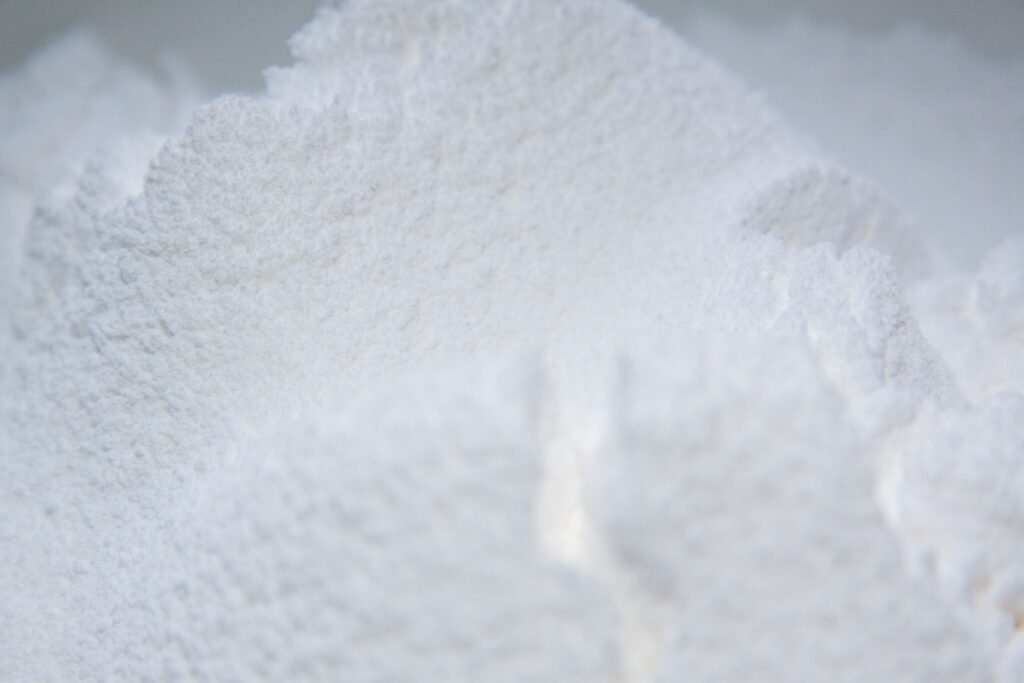
Many people report feeling extremely energetic, happy and confident after taking cocaine.
It is a white powder that is usually snorted, leading to a fast and intense high that disappears fairly quickly.
4. Heroin addiction
One of the most powerfully addictive substances in the world, heroin is extremely dangerous and has caused countless deaths across the UK.
Heroin usually takes the form of a brown or white powder which can be injected or smoked, and can cause an intense feeling of euphoria that quickly becomes addictive.
5. Nicotine addiction

Nicotine is the addictive chemical found in tobacco, causing many people to have extreme difficulty when attempting to give up smoking.
It is a stimulant drug that can speed up your nervous system and lead to withdrawals when attempting to quit.
6. Prescription painkiller addiction
Although prescription painkillers may be prescribed by a doctor, this doesn’t make them any less addictive.
Even when taken as directed, it is possible to become addicted to this medication. This causes many people to go to great lengths to obtain more, even when they don’t need it.
At Rehab Recovery, we offer free advice from a team of non-judgemental professionals, many of whom are in recovery and understand how hard it can be to change your relationship with addiction.
For more information, simply reach out to our 24/7, confidential hotline on 0800 088 66 86.
7. MDMA addiction
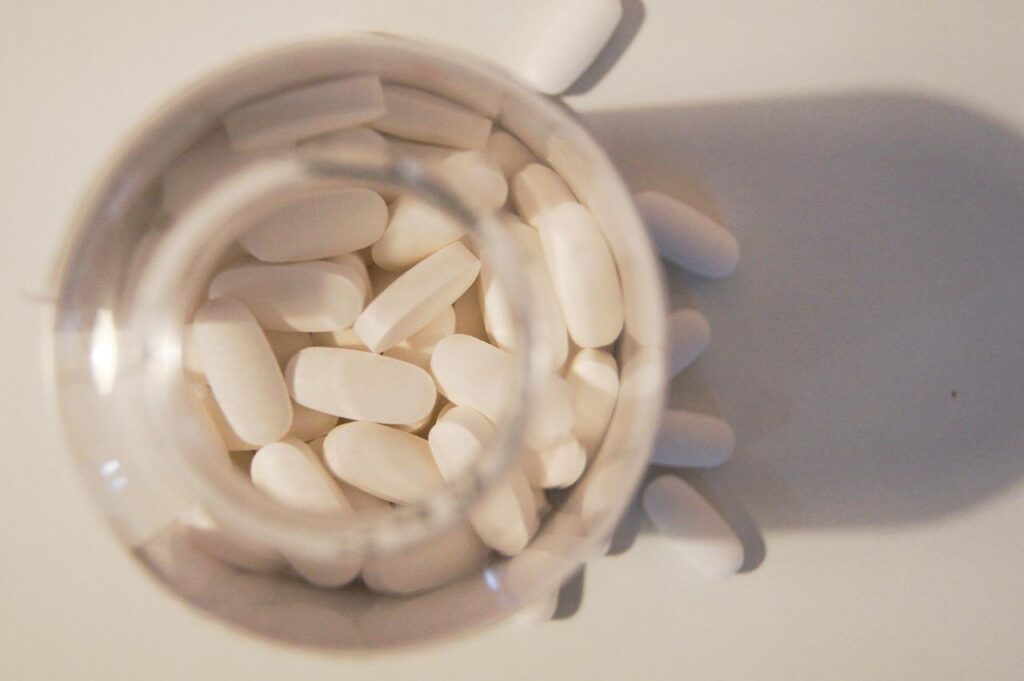
Also known as ecstasy, MDMA is often used as a party drug due to the increased energy that it can provide.
However, overdose and addiction are common side effects of this dangerous substance which can potentially be lethal with just one dose.
8. Inhalant addiction
Common household items such as glue, spray paints and markers can become addictive if they are inhaled. [1]
They cause a short yet addictive high and can slow down your brain activity, making you feel dizzy and ‘out of it.’
9. Methamphetamine addiction
Taking methamphetamines is extremely dangerous, as they are powerfully addictive and potentially deadly.
Many people report feelings of exhilaration, heightened sexual arousal and paranoia after taking this drug.
How is addiction diagnosed?

It’s important to receive a formal diagnosis before effective addiction treatment can take place.
This may happen in your doctor‘s office or during the assessment process when you check into rehab.
Once you have a diagnosis, you will receive a treatment plan specifically tailored to your needs.
There are several ways that a drug or alcohol addiction can be diagnosed, and the most common methods are listed below.
At Rehab Recovery, we offer free advice from a team of non-judgemental professionals, many of whom are in recovery and understand how hard it can be to change your relationship with addiction.
For more information about rehab in Newmarket, simply reach out to our 24/7, confidential hotline on 0800 088 66 86.
AUDIT

The Alcohol Use Disorders Identification Test (AUDIT) is one of the most common methods used to diagnose addiction.
Your doctor will ask you a series of 10 questions, with each answer receiving a certain number of points.
The more points you receive, the more likely it is that you have some level of dependence on alcohol. [2]
The AUDIT questions are below:
- How often do you have a drink containing alcohol?
- How many units of alcohol do you drink on a typical day when you are drinking?
- How often have you had 6 or more units if female, or 8 or more if male, on a single occasion in the last year?
- How often during the last year have you found that you were not able to stop drinking once you had started?
- How often during the last year have you failed to do what was normally expected from you because of your drinking?
- How often during the last year have you needed an alcoholic drink in the morning to get yourself going after a heavy drinking session?
- How often during the last year have you had a feeling of guilt or remorse after drinking?
- How often during the last year have you been unable to remember what happened the night before because you had been drinking?
- Have you or somebody else been injured as a result of your drinking?
- Has a relative or friend, doctor or other health worker been concerned about your drinking or suggested that you cut down?
It’s important to be honest when answering these questions, as this will give you the most accurate diagnosis and allow an effective treatment plan to be created.
DSM-5 11 criteria for substance use disorders
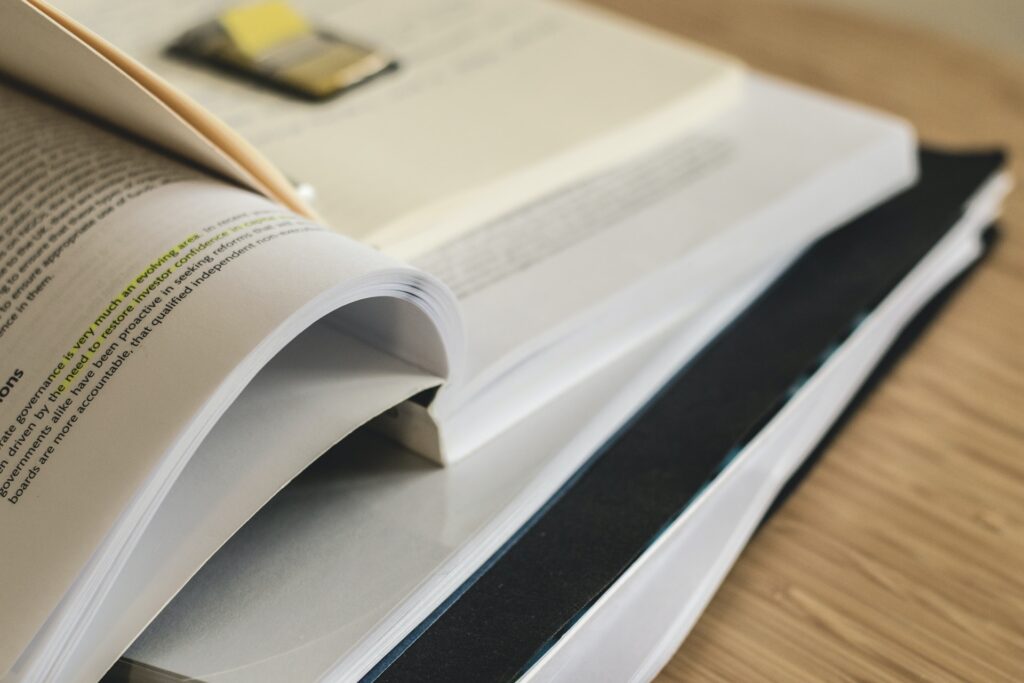
A highly regarded and often-used resource for diagnosing drug and alcohol addiction is the Diagnostic and Statistical Manual of Mental Disorders (DSM-5).
This text contains the 11 criteria for substance use disorders which your doctor may refer to when diagnosing you with an addiction.
These include experiencing withdrawal symptoms, developing a tolerance to the substance and being unable to stop using drugs or alcohol.
You can read the full list of these criteria here.
The DSM-5 also helps doctors to determine the severity of the addiction and this can be mild, moderate or severe depending on several factors.
At Rehab Recovery, we offer free advice from a team of non-judgemental professionals, many of whom are in recovery and understand how hard it can be to change your relationship with addiction.
For more information about rehab in Newmarket, simply reach out to our 24/7, confidential hotline on 0800 088 66 86.
CAGE questionnaire

Your doctor may also perform the CAGE questionnaire to understand your relationship with alcohol.
The CAGE questions highlight some of the more problematic areas of alcohol use, making it easier to see whether this substance is affecting your life. [3]
The CAGE questionnaire is below:
- Do you ever feel that you should cut down on your drinking?
- Have you felt annoyed by other people criticising your drinking?
- Do you ever feel guilty about your drinking?
- Have you ever started drinking as soon as you open your eyes in the morning?
As it is so simple, CAGE can be self-performed at home if you do not want to visit your doctor.
However, you should not diagnose yourself with an alcohol addiction based on the results – make sure to speak to your doctor and receive a formal diagnosis.
Is rehab suitable for a teenager or young adult?

Addiction is not something that only adults can experience. In fact, teenagers and young adults are extremely susceptible to developing an addiction to drugs or alcohol.
This may be due to early experimentation, peer pressure, low self-esteem, family issues and/or bullies that lead them into a spiral of substance use.
As our brains do not fully finish developing until age 25, a drug or alcohol addiction can be even more devastating for a teenager or young adult.
While younger people can attend and benefit from regular rehab, there are several clinics in Newmarket that specialise in treating teenage addiction.
This allows the teenager to interact with and recover alongside people of similar ages and with similar life experiences.
They will detox, attend counselling and create a relapse prevention plan to help them navigate life after rehab and stay sober for good.
At Rehab Recovery, we offer free advice from a team of non-judgemental professionals, many of whom are in recovery and understand how hard it can be to change your relationship with addiction.
For more information about rehab in Newmarket, simply reach out to our 24/7, confidential hotline on 0800 088 66 86.
Is rehab suitable for an elderly person?

You may find it difficult to imagine an elderly person addicted to drugs and alcohol. But unfortunately, this number is steadily rising.
Throughout recent decades, the use of drugs and alcohol has become more common and normalised.
This means that many people who experimented and potentially became addicted during their younger years are now growing old and require specialised help.
Additionally, older people are more likely to be prescribed certain medications such as long-term painkillers and other addictive substances.
Without the proper care and guidance, this can easily turn into an addiction.
Just like teenagers, elderly people can benefit from attending regular rehab but often thrive at rehab clinics that specialise in treating addiction in older people.
This can help to keep them safe and ensures that they will have more in common with other patients, and these rehab clinics will be able to deal with the additional ailments that come with getting older.
How much does drug and alcohol rehab in Newmarket cost?

Knowing how much you can afford to spend on addiction treatment can help you to choose the most suitable rehab clinic for your budget.
Below are the average prices for drug and alcohol rehab in 2023:
- 30-day treatment programme: £15,000 on average in Newmarket
- 60-day treatment programme: £30,000 on average in Newmarket
- 90-day treatment programme: £45,000 on average in Newmarket
Remember that these are just the average prices in the area, and some clinics will charge more or less so it can be helpful to show around and compare prices.
You may also be able to access drug and alcohol rehab in Newmarket for free if you qualify for NHS funding – speak to your doctor or call us for more information.
At Rehab Recovery, we offer free advice from a team of non-judgemental professionals, many of whom are in recovery and understand how hard it can be to change your relationship with addiction.
For more information about rehab in Newmarket, simply reach out to our 24/7, confidential hotline on 0800 088 66 86.
How long does drug and alcohol rehab in Newmarket last?
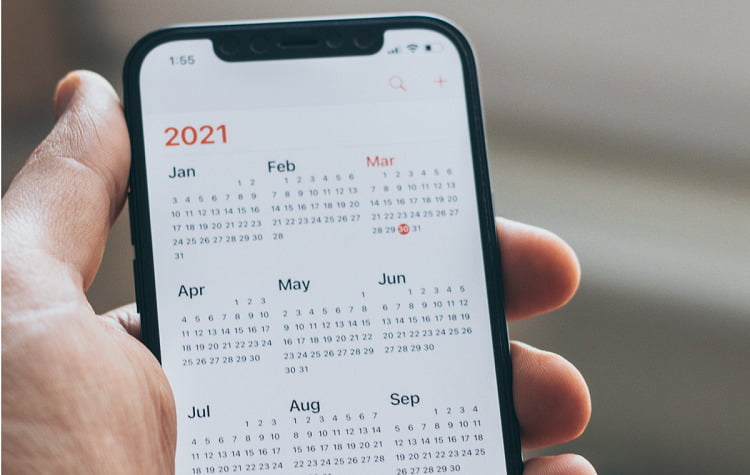
The majority of people attending drug and alcohol rehab in Newmarket choose from three programme lengths.
30 days is the most common, and this includes a full detox and three weeks of counselling.
This can also be extended to 60 days and even 90 days if needed, which increases the amount of counselling you will receive during your treatment.
At Rehab Recovery, we offer free advice from a team of non-judgemental professionals, many of whom are in recovery and understand how hard it can be to change your relationship with addiction.
For more information about rehab in Newmarket, simply reach out to our 24/7, confidential hotline on 0800 088 66 86.
Drug and alcohol statistics in Newmarket

Many of Suffolk’s towns, including Newmarket, are struggling with the effects of alcohol and drug addiction.
It’s thought that 22,000 people in Suffolk are physically and/or psychologically dependent on alcohol, and 15% of adults in the country drink more than the recommended levels on a regular basis. [4]
Between 2016 and 2017 there were an estimated 3,116 crack cocaine users living in Suffolk, and this figure is expected to have increased even more since then. [4]
In fact, drug deaths in the county were at their highest levels on record in 2021, with 39 drug-related deaths occurring in just one year. [5]
These figures don’t have to keep increasing. If more people enter drug and alcohol rehab in Newmarket in 2023, it could slow down or even reverse some of these worrying statistics.
Is drug and alcohol rehab in Newmarket safe?

Recovering from a drug or alcohol addiction at a rehab clinic is the safest thing you could do.
As long as you choose a legitimate clinic, you will be in safe hands – they are highly regulated and subject to regular inspections to ensure a high duty of care.
Staff will be qualified, trained and experienced in working with patients struggling with addiction.
It is much safer to detox from drugs and alcohol at rehab than at home, as you will be closely monitored throughout the process in case you begin to experience severe withdrawal symptoms.
You will also have no access to drugs or alcohol, so will be unable to relapse and potentially overdose.
If you are struggling with an addiction, look into your options for drug and alcohol rehab in Newmarket.
At Rehab Recovery, we offer free advice from a team of non-judgemental professionals, many of whom are in recovery and understand how hard it can be to change your relationship with addiction.
For more information about rehab in Newmarket, simply reach out to our 24/7, confidential hotline on 0800 088 66 86.
What should I pack for rehab?
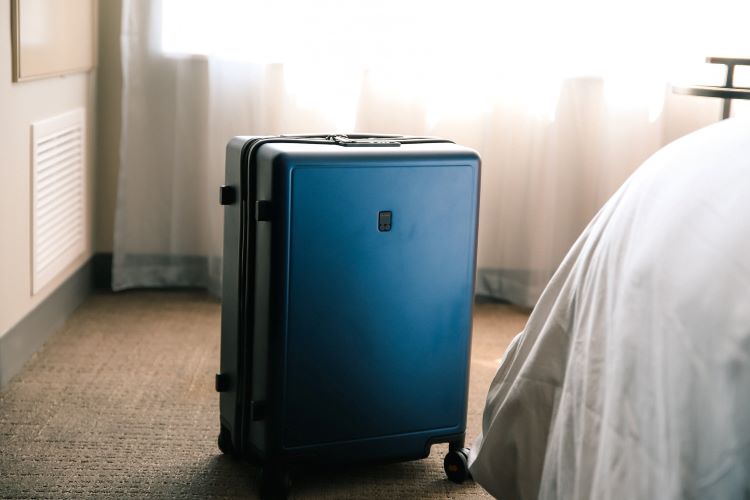
Being prepared and organised for your stay at rehab will help you to feel more confident about the process, and knowing what to pack is essential.
Remember, each rehab clinic will have their own rules about what you can and cannot bring.
Most rehabs will provide you with a list of approved items to pack.
Some of the essentials that you should pack for rehab include:
- Comfortable clothing
- Basic hygiene products, preferably unopened
- A journal
- Writing paper and a pen
- Phone numbers and addresses of friends and family members
- Prescription medications
- Important documents such as photo ID
- Phone, tablet and/or laptop with chargers
- Books
If you are unsure about which items are allowed, check with staff before you arrive to ensure that you do not bring any prohibited items into the clinic.
What happens during a medical detox?
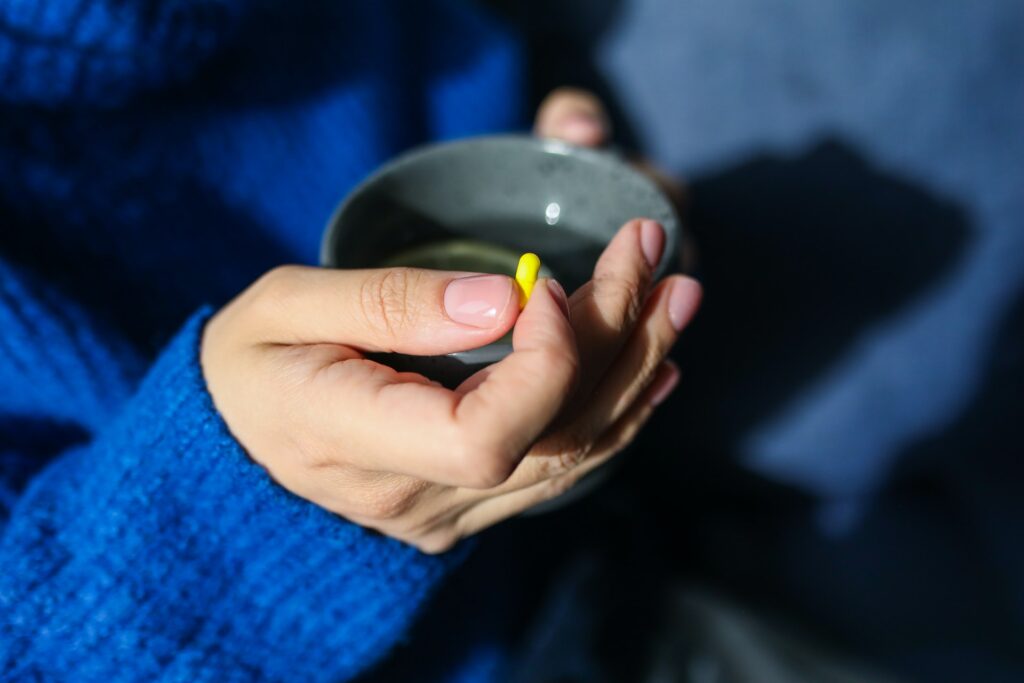
A detox is commonly thought to be the most unpleasant and uncomfortable part of addiction treatment.
The goal of a detox is to remove all traces of drugs and alcohol from your system. Over time this can help to heal the physical dependency and clear your mind ready for the next stage of treatment.
In most cases you will not be expected to completely stop using substances cold turkey, as this can be dangerous.
Instead, you will be given a plan which usually requires you to slowly cut down over 7-10 days.
During this time you will be closely monitored by medical professionals to ensure that you do not have any adverse reactions to the process.
At Rehab Recovery, we offer free advice from a team of non-judgemental professionals, many of whom are in recovery and understand how hard it can be to change your relationship with addiction.
For more information about rehab in Newmarket, simply reach out to our 24/7, confidential hotline on 0800 088 66 86.
Will I experience withdrawal symptoms?
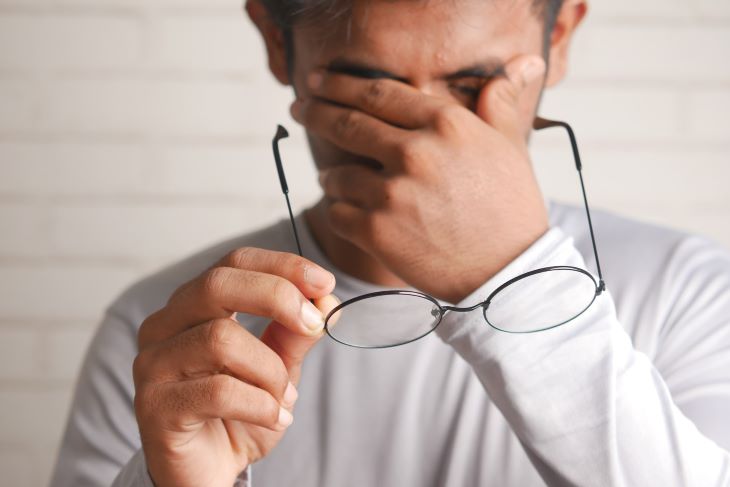
Most people will experience withdrawal symptoms during a detox. These are usually mild and uncomfortable, but it some cases can become severe and dangerous.
You are more likely to experience severe withdrawal symptoms if you have experienced them before, you have a co-occurring physical or mental health disorder or you have been using drugs or alcohol for a long period of time. [6]
Common withdrawal symptoms include:
- Tremors
- Nausea and vomiting
- Sweating
- Body aches
- Diarrhoea
- Depression and anxiety
- Insomnia and nightmares
- Cravings
- Mood swings
- Restlessness

Severe withdrawal symptoms include:
- Extreme confusion
- Paranoia
- Hallucinations
- Seizures
- Coma
Even mild withdrawal symptoms can very quickly become severe, and this is why we recommend detoxing under medical supervision instead of by yourself.
At Rehab Recovery, we offer free advice from a team of non-judgemental professionals, many of whom are in recovery and understand how hard it can be to change your relationship with addiction.
For more information about rehab in Newmarket, simply reach out to our 24/7, confidential hotline on 0800 088 66 86.
What does addiction counselling involve?

Addiction counselling is much more than simply talking about your feelings.
Of course this will be part of it, but there is much more work involved.
You can expect to delve into your past, analyse your present and make plans for your future. You will learn about your triggers and how to manage them, understand how any past traumas are impacting your current behaviour and develop healthy techniques and coping strategies.
Holistic therapies are also offered at most clinics, which focus on mindfulness and relaxation techniques alongside more scientifically-backed methods.
Click here to read more about the different types of therapy offered at drug and alcohol rehab in Newmarket and think about what would work for you.
Can Rehab Recovery help me to access rehab?

Here at Rehab Recovery we are passionate about addiction recovery and helping people across the UK access effective treatment.
We are here to help you learn more about addiction and get you to the right place – whether that is your doctor’s office, an outpatient treatment programme, a local support group or an inpatient rehab clinic.
Many of us have been in your shoes, and we know how scary it can feel to reach out for help.
If you would like a free telephone assessment, call us on the number below and one of our friendly team members will be happy to assist.
We can also refer you to rehab clinics and treatment programmes that specialise in treating your addiction.
If you’re ready to change your life and recover from addiction, our team at Rehab Recovery would be honoured to be part of your journey.
At Rehab Recovery, we offer free advice from a team of non-judgemental professionals, many of whom are in recovery and understand how hard it can be to change your relationship with addiction.
For more information about rehab in Newmarket, simply reach out to our 24/7, confidential hotline on 0800 088 66 86.
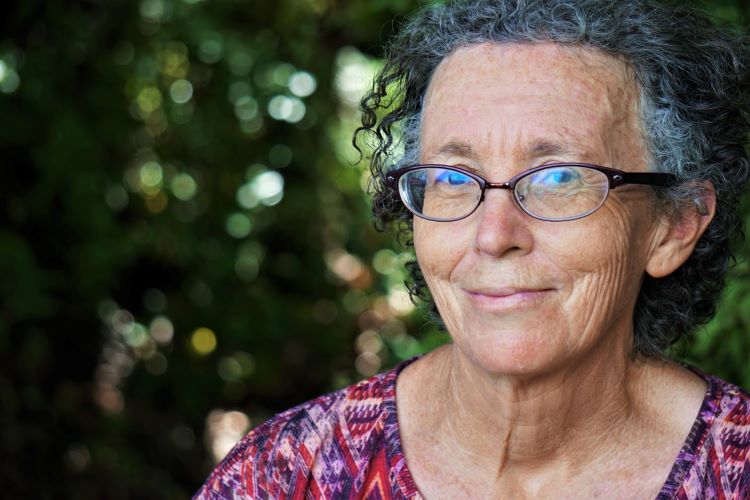
References
[1] https://nida.nih.gov/publications/drugfacts/inhalants
[3] https://arc.psych.wisc.edu/self-report/cage/
[4] https://web.archive.org/web/20230525134659/https://www.healthysuffolk.org.uk/jsna/alcohol
[5] https://www.eadt.co.uk/news/health/suffolk-drug-deaths-at-highest-level-ever-9234394/
[6] https://www.healthdirect.gov.au/addiction-withdrawal-symptoms#symptoms


